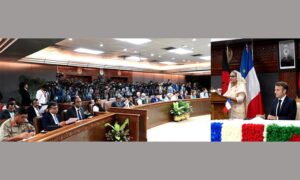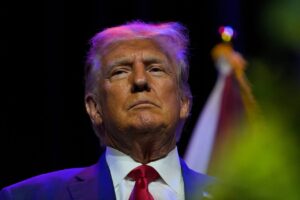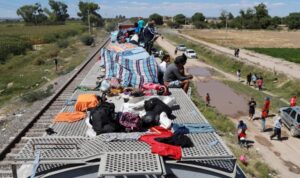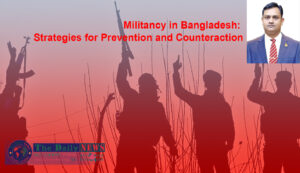
The European Union on Thursday accused Russia, as the Ukraine crisis churned, of trying to divide EU members by sending letters to individual countries seeking clarification of their stance on a principle of international security.
The EU’s foreign policy chief Josep Borrell said he had responded to the letters sent by Russian Foreign Minister Sergei Lavrov to several European countries asking them to give their interpretation of the doctrine of indivisible security.
Western leaders are engaged in intensive talks with Moscow to try to avert what they see as the threat of Russia invading Ukraine following a massive build-up of Russian forces near their mutual border.
Russia has denied plans to attack its neighbour while demanding security guarantees from NATO.
Moscow says the concept of indivisible security, enshrined in international treaties, means that the security of one country is inextricably linked to that of another and that an enlargement of the NATO defence alliance to include the former Soviet republics of Ukraine and Georgia would automatically threaten Russia.
Borrell said he had answered on behalf of the entire European bloc.
“The EU has a common foreign and security policy and our aim is to act united on all issues of key common interest.
“This includes also coordinating replies to letters, as called for,” he said in a statement, saying his move had “unanimous” backing among the EU’s 27 members.
Lavrov had specifically asked that the countries he approached replied in their own name and not that of the EU.
But Borrell insisted it was up to EU members to decide how they wanted to respond.
“Only those who are interested in dividing us, would question such a decision,” he argued.
He said his letter to Lavrov “addresses the issues raised by Minister Lavrov and reiterates the EU’s and its member states’ offer to continue dialogue with Russia on ways to strengthen the security of all.”







